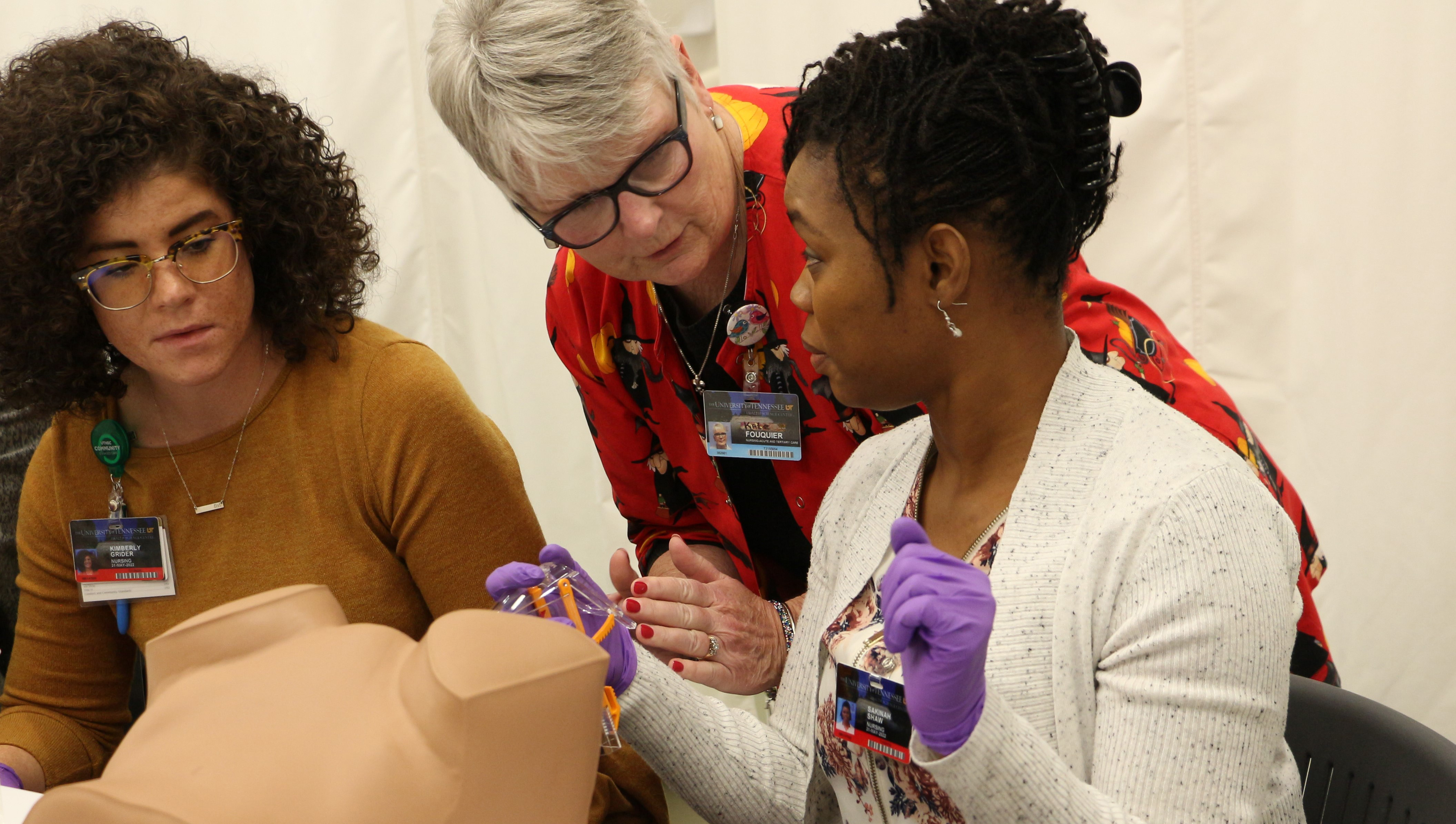DOI
10.21007/con.dnp.2022.0015
Faculty Advisor
Donna Lynch-Smith, DNP, ACNP-BC, APN, NE-BC, CNL
Subject Matter Expert
Donna Lynch-Smith, DNP, ACNP-BC, APN, NE-BC, CNL
Document Type
Poster
Publication Date
Spring 4-5-2022
Disciplines
Analytical, Diagnostic and Therapeutic Techniques and Equipment | Medicine and Health Sciences | Nursing | Perioperative, Operating Room and Surgical Nursing | Therapeutics
Abstract
Purpose/Background Stridor occurs due to laryngeal edema which arises when a patient has been intubated for an extended period of time. There are several factors that affect the degree of swelling. Post-extubation stridor signals that a patient requires reintubation because the airway is no longer patent. Corticosteroids, such as dexamethasone, can be used prior to extubation to minimize complications and overall length of stay if a patient is at high risk for stridor. This scoping review will evaluate the literature and the association between the use of prophylactic steroids on mechanically ventilated adult patients and the occurrence of post-extubation stridor.
Methods A literature review of eleven articles from the years 2007-2020 was conducted. The effect of prophylactic steroids on post-extubation stridor was examined. A summary of evidence table was constructed which included a total of 7,211 participants, with 3,683 being included in the intervention group and 3,428 being included in the control group. This data was used to determine whether the use of prophylactic steroids decreased the occurrence of reintubation due to laryngeal edema.
Results Out of the total 7,211 participants, with 50% receiving steroids (intervention group) and 50% receiving a placebo or nothing (control group), there was a 9.8% increase in laryngeal edema, stridor, and reintubation in the control groups versus the intervention groups. This suggests that the administration of prophylactic steroids decreases the occurrence of post-extubation stridor.
Implications for Nursing Practice The prophylactic administration of steroids can help decrease the incidence of reintubation due to post-extubation stridor. While the use of steroids remains a topic of controversy among healthcare professionals, the evidence supports the implementation of prophylactic steroids to decrease the risk of complications associated with prolonged intubation, laryngeal edema, and decrease the total length of ICU stay.
Recommended Citation
Benson, Chelsey BSN, RN; Ferraro, Karlene BSN, RN; and Lynch-Smith, Donna DNP, ACNP-BC, APN, NE-BC, CNL , "Prophylactic Administration of Steroids and the Effect on Post-extubation Stridor: A Scoping Review" (2022). Doctor of Nursing Practice Projects. Paper 15. http://dx.doi.org/10.21007/con.dnp.2022.0015.
https://dc.uthsc.edu/dnp/15


